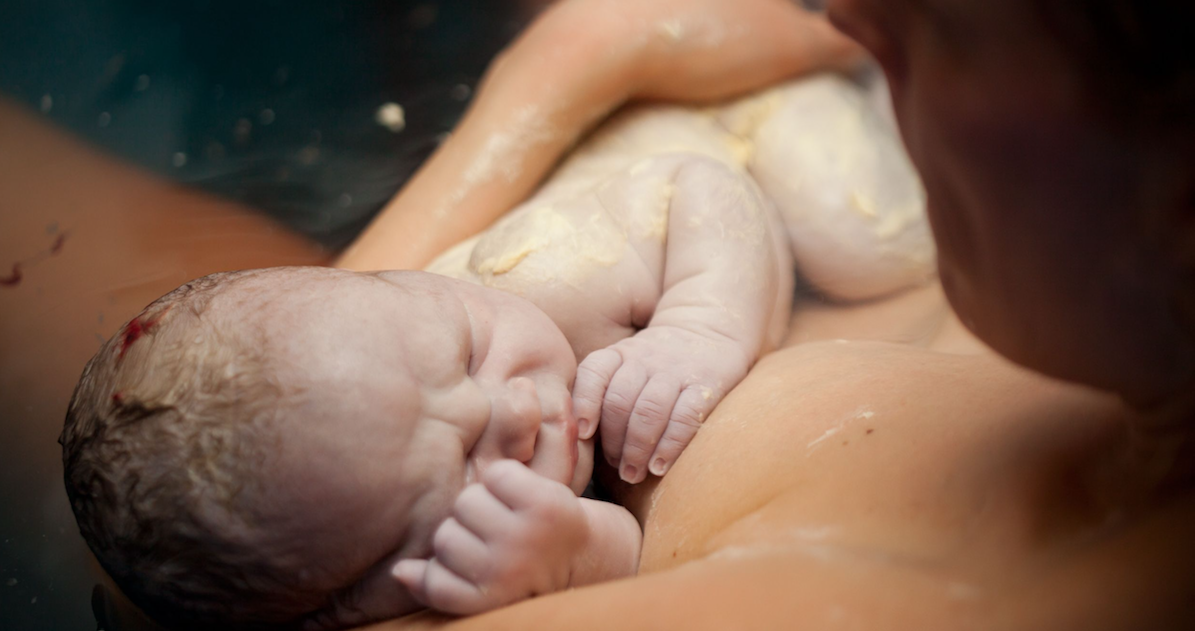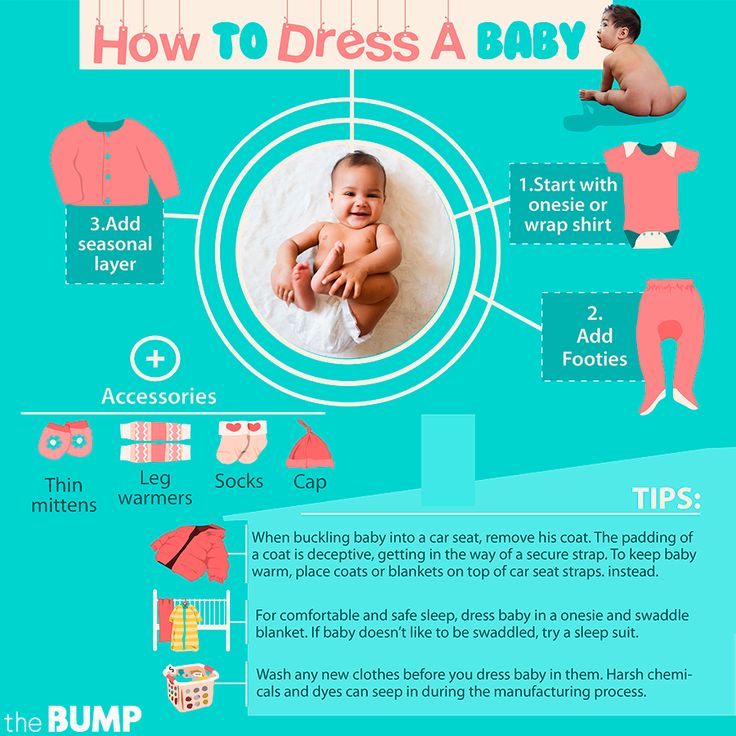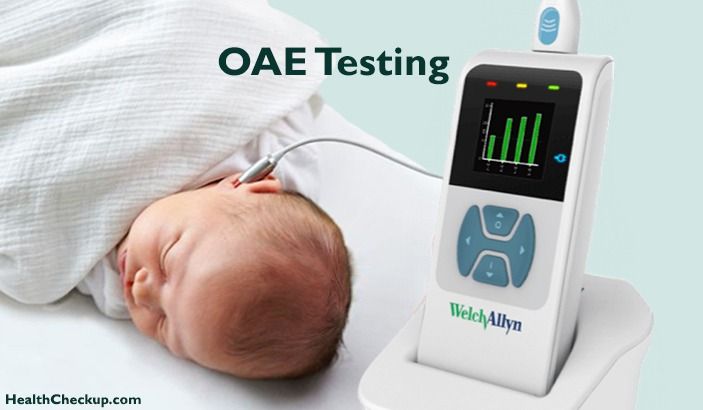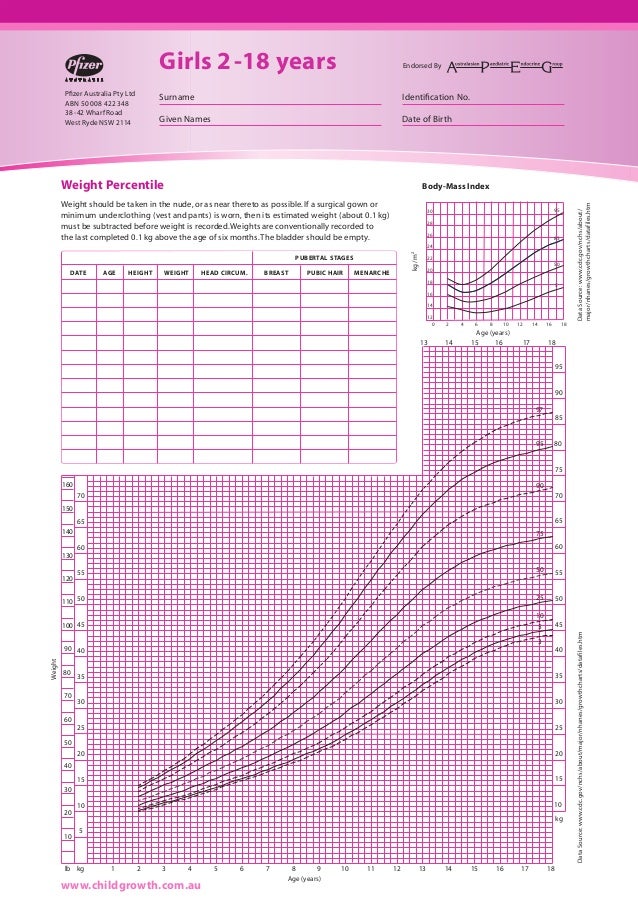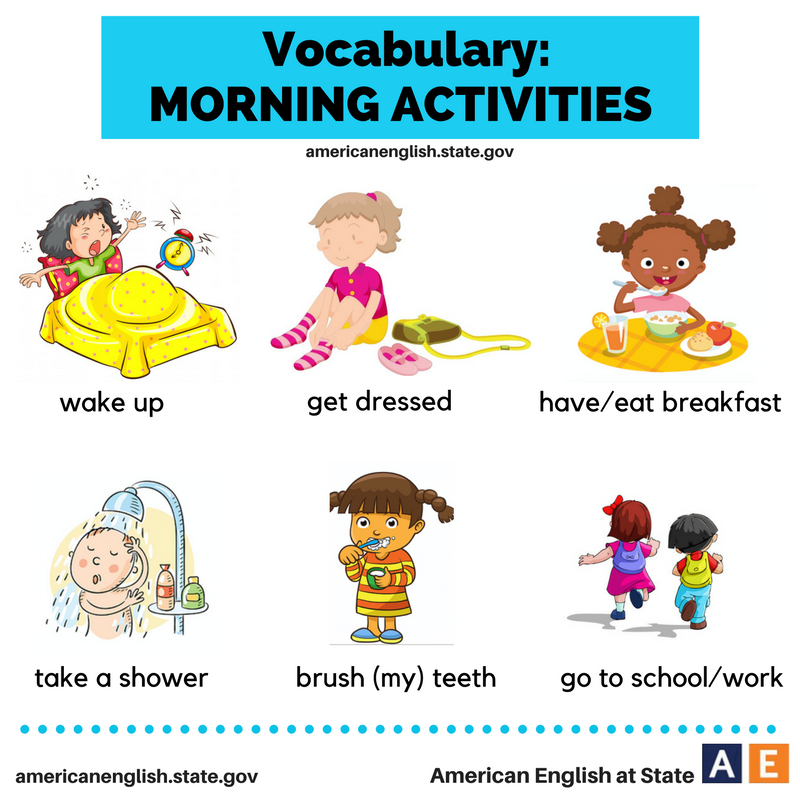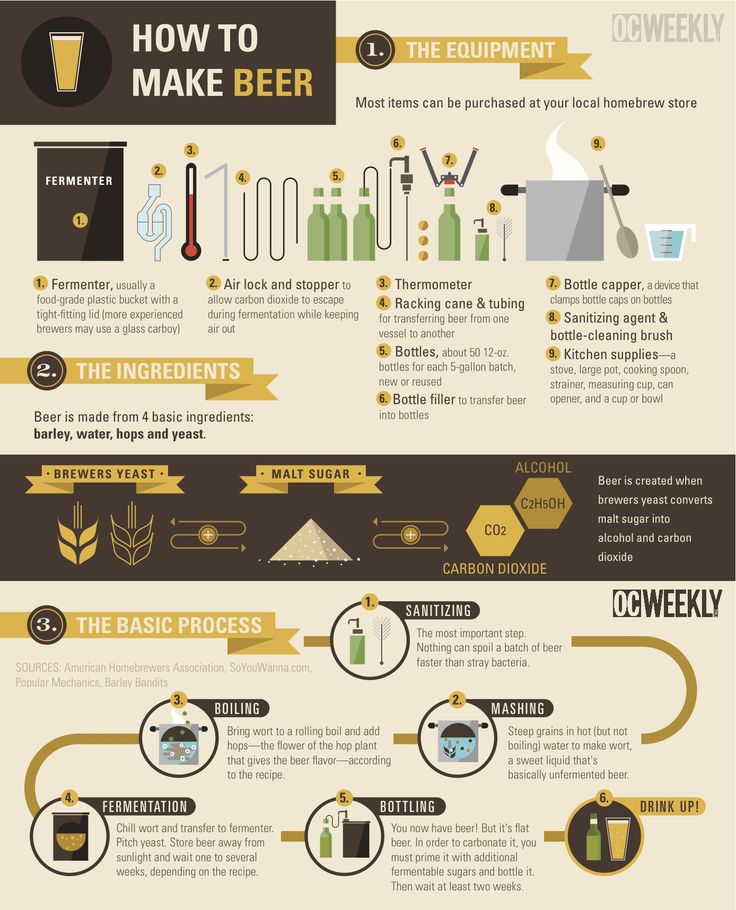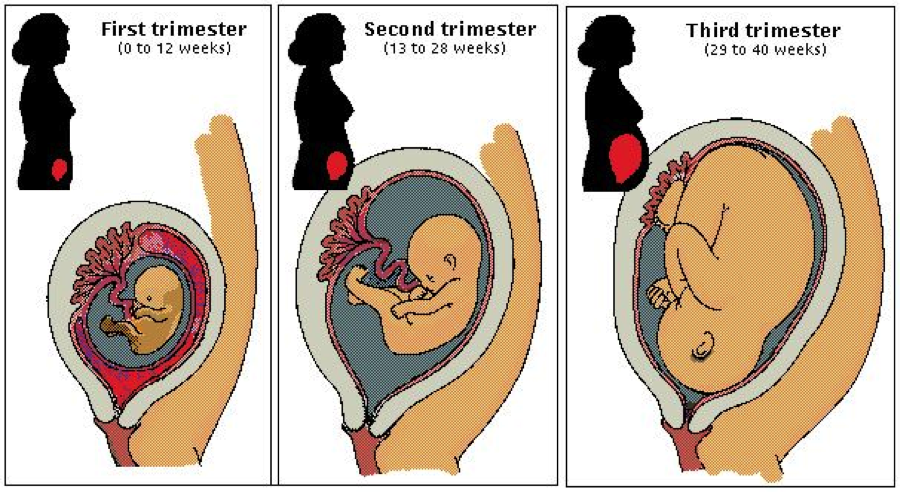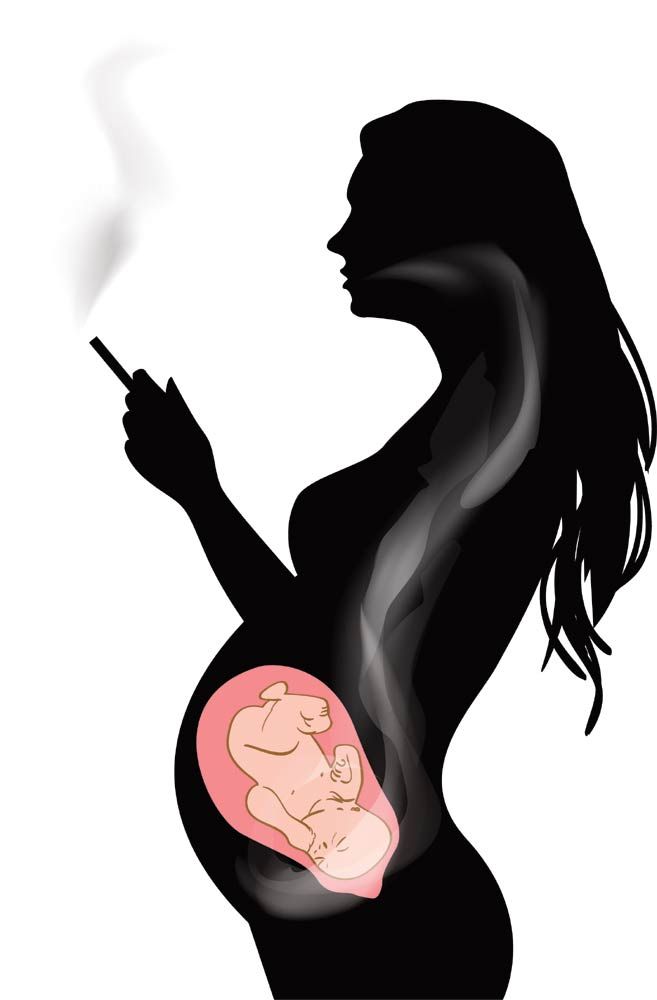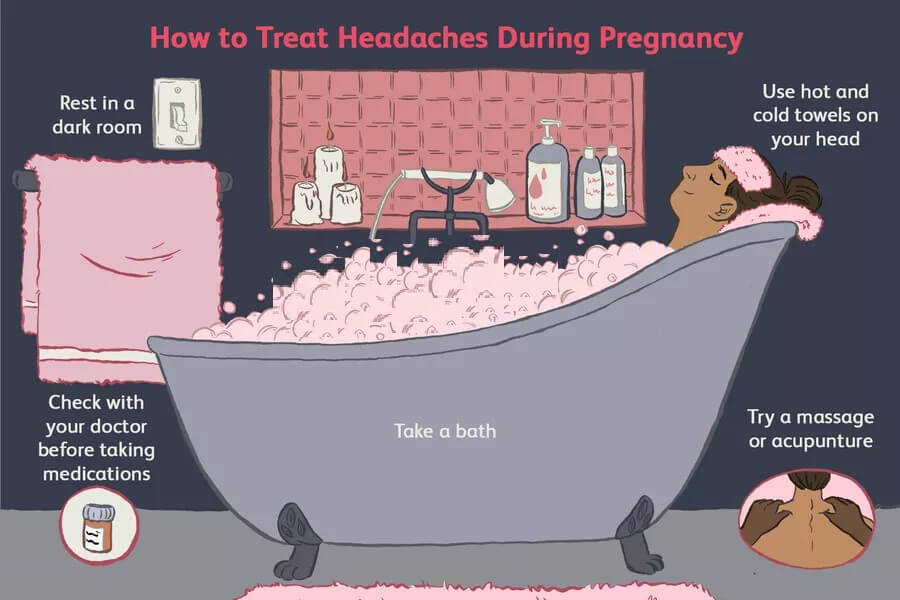Newborn testing after birth
Newborn screening tests for your baby
Newborn screening helps identify serious but rare health conditions at birth.
All babies in the United States get newborn screening. Each state decides which tests are required.
Most newborn screening test results are normal. If a result is not normal, your baby gets a different kind of test called a diagnostic test.
Health conditions that are found early with newborn screening often can be treated.
Early treatment is important, because it may help prevent more serious health problems for your baby.
What is newborn screening?
When your baby is 1 to 2 days old, he has some special tests called newborn screening. Newborn screening checks a baby for serious but rare and mostly treatable health conditions at birth. It includes blood, hearing and heart screening.
Your baby can be born with a health condition but may not show any signs of the problem at first. If a health condition is found early with newborn screening, it often can be treated. Early treatment is important, because it may help prevent more serious health problems for your baby.
All babies in the United States get newborn screening. About 4 million babies are screened every year.
When is newborn screening done?
Your baby gets newborn screening before she leaves the hospital after birth, when she’s 1 to 2 days old. If your baby isn’t born in a hospital, talk to her provider about getting newborn screening at 1 to 2 days of age. Some states require that babies have newborn screening again about 1 to 2 weeks later.
How does newborn screening happen?
There are three parts to newborn screening:
- Blood test. Most newborn screening is done with a blood test to check for rare but serious health conditions. A health care provider pricks your baby’s heel to get a few drops of blood. He collects the blood on a special paper and sends it to a lab for testing.
 Blood test results are usually ready by the time your baby is 5 to 7 days old. To find out more about the timeframes for sending blood samples to lab and getting test results back, ask your baby’s provider or the hospital staff.
Blood test results are usually ready by the time your baby is 5 to 7 days old. To find out more about the timeframes for sending blood samples to lab and getting test results back, ask your baby’s provider or the hospital staff. - Hearing screening. This test checks for hearing loss. For this test, your provider places tiny earphones in your baby’s ears and uses special computers to check how your baby responds to sound.
- Heart screening. This test is used to screen babies for a group of heart conditions called critical congenital heart defects (also called critical CHDs or CCHDs). It uses a simple test called pulse oximetry. Pulse oximetry checks the amount of oxygen in your baby’s blood by using a pulse oximeter machine and sensors placed on your baby’s skin.
What if newborn screening results aren’t normal?
Most newborn screening results are normal. If your baby’s screening results aren’t normal, it may simply mean she needs more testing.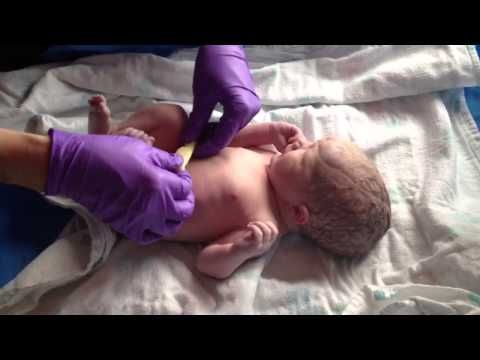 Your baby’s provider then recommends another kind of test, called a diagnostic test, to see if there is a health problem. If the diagnostic test results are normal, no more testing is needed. If the diagnostic test results are not normal, your provider can guide you about next steps for your baby.
Your baby’s provider then recommends another kind of test, called a diagnostic test, to see if there is a health problem. If the diagnostic test results are normal, no more testing is needed. If the diagnostic test results are not normal, your provider can guide you about next steps for your baby.
If one of your children has a health condition, will another have it, too?
Many of the health conditions found by newborn screening are inherited. Inherited means something that is passed from parent to child through genes. Genes are a part of your body’s cells that store instructions for the way your body grows and works.
When one child in a family has an inherited health condition, the chance of a brother or sister having the same condition is higher than if no child in the family has the condition.
If you have a child with a health condition and you want to have another baby, talk to your health care provider or a genetic counselor. A genetic counselor is a person who is trained to help you understand about genes, birth defects and other medical conditions that run in families, and how they can affect your health and your baby’s health.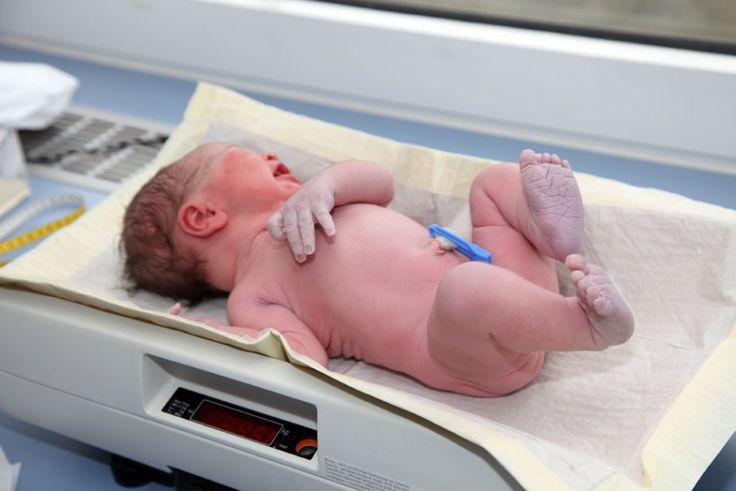
Sometimes hearing loss is not inherited. For example, it can be caused by an infection during pregnancy. In this case, it usually doesn’t happen in another pregnancy.
What kinds of health conditions does newborn screening test for?
Each state requires different tests, so ask your baby’s health care provider which tests your baby will have. You also can visit babysfirsttest.org to find out what conditions your state tests for.
March of Dimes works with states to ensure they are testing babies for the health conditions recommended by Department of Health and Human Services (also called HHS). The list of health conditions recommended by HHS is called RUSP or Recommended Uniform Screening Panel. March of Dimes would like to see all babies in all states screened for at least 35 health conditions. Many of these health conditions can be treated if found early. The health conditions are divided into six groups:
1. Organic acid metabolism disorders.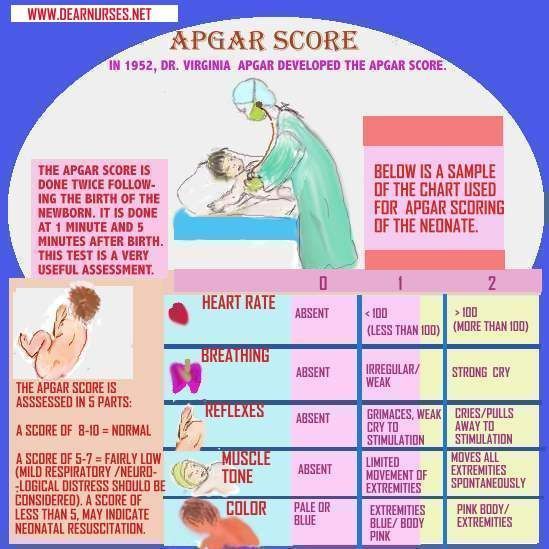 Metabolism is how well and fast your body processes what you eat and drink. Babies with organic acid metabolism disorders don’t break down food correctly, causing substances called organic acids to build up in the body.
Metabolism is how well and fast your body processes what you eat and drink. Babies with organic acid metabolism disorders don’t break down food correctly, causing substances called organic acids to build up in the body.
- Propionic acidemia (PROP)
- Methylmalonic acidemia (methylmalonyl-CoA mutase deficiency) (MUT)
- Methylmalonic acidemia (cobalamin disorders) Cbl A, B)
- Isovaleric acidemia (IVA)
- 3-methylcrotonyl-CoA carboxylase deficiency (3-MCC)
- 3-hydroxy-3-methylglutaric aciduria (HMG)
- Holocarboxylase synthase deficiency (MCD)
- Beta-ketothiolase deficiency (BKT)
- Glutaric acidemia type 1 (GA-1)
2. Fatty acid oxidation disorders. During digestion, the body breaks down fat into fatty acids for energy. A baby with fatty acid oxidation problems can’t change fat into energy properly.
- Carnitine uptake defect/carnitine transport defect (CUD)
- Medium-chain acyl-CoA dehydrogenase deficiency (MCAD)
- Very long-chain acyl-CoA dehydrogenase deficiency (VLCAD)
- Long-chain L-3 hydroxyacyl-CoA dehydrogenase deficiency (LCHAD)
- Trifunctional protein deficiency (TFP)
3. Amino acid metabolism disorders. Babies with these problems can’t process certain amino acids properly in the body. Amino acids help build protein in your body.
Amino acid metabolism disorders. Babies with these problems can’t process certain amino acids properly in the body. Amino acids help build protein in your body.
- Argininosuccinic aciduria (ASA)
- Citrullinemia type 1 (CIT)
- Maple syrup urine disease (MSUD)
- Homocystinuria (HCY)
- Classic phenylketonuria (PKU)
- Tyrosinemia type I (TYR I)
4. Endocrine disorders. These problems affect the glands that make hormones. Hormones are chemicals made by the body. Hormones help with many processes in the body, like growth and development.
- Primary congenital hypothyroidism (CH)
- Congenital adrenal hyperplasia (CAH)
5. Hemoglobin disorders. These problems affect red blood cells. Red blood cells carry oxygen to the rest of the body.
- S,S disease (sickle cell anemia) (Hb SS)
- S, beta-thalassemia (Hb S/ßTh)
- S, C disease (Hb S/C)
6.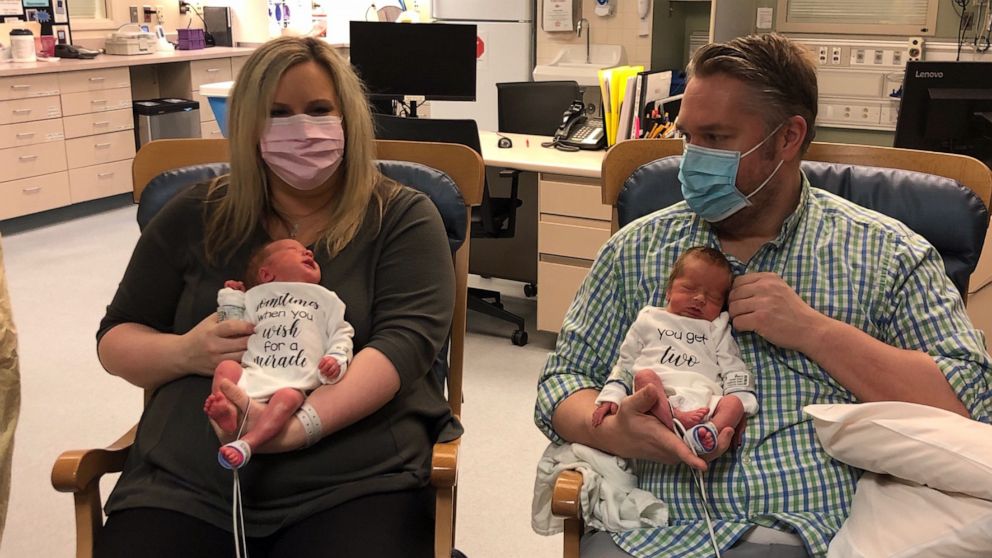 Other disorders
Other disorders
- Biotinidase deficiency (BIOT)
- Critical congenital heart disease (CCHD)
- Cystic fibrosis (CF)
- Classic galactosemia (GALT)
- Glycogen storage disease type II (Pompe disease) (POMPE)
- Hearing loss (HEAR)
- Severe combined immunodeficiency (SCID)
- Mucopolysaccharidosis type 1 (MPS I)
- X-linked adrenoleukodystrophy
- Spinal muscular atrophy due to homozygous deletion of exon 7 in SMN1
For more information
Baby’s First Test
Last reviewed: July 2020
Newborn Screening Tests (for Parents)
What Is Newborn Screening?
Newborn screening is a public health service done in each U.S. state. Every newborn is tested for a group of health disorders that aren't otherwise found at birth.
With a simple blood test, doctors can check for rare genetic, hormone-related, and metabolic conditions that can cause serious health problems. Newborn screening lets doctors diagnose babies quickly and start treatment as soon as possible.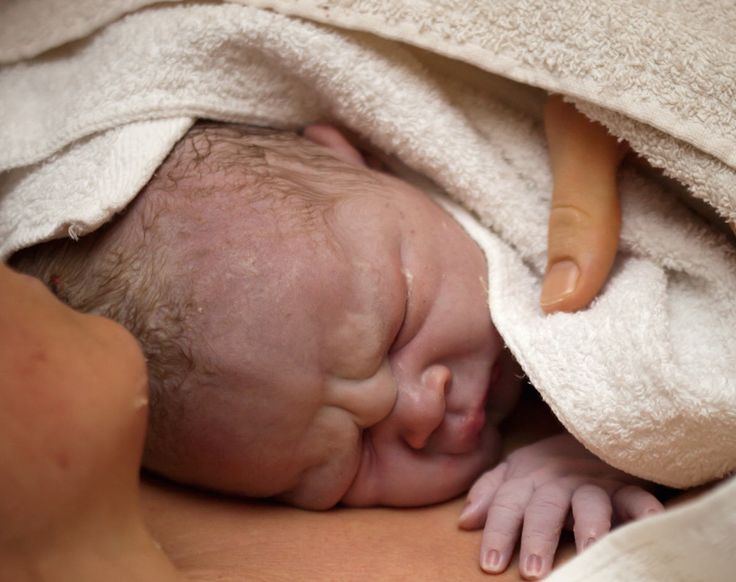
Which Screening Tests Are Offered?
Screening varies by state. Tests offered can change as technology advances and treatments improve. Although there are national recommendations for newborn screening, it is up to each state to decide which tests to include.
Newborn screening includes tests for:
Metabolic problems. Metabolism is the process that converts food into energy the body can use to move, think, and grow. Enzymes are special proteins that help with
metabolismby speeding up the chemical reactions in cells. Most metabolic problems happen when certain enzymes are missing or not working as they should. Metabolic disorders in newborn screening include:
- phenylketonuria (PKU)
- methylmalonic acidemia
- maple syrup urine disease (MSUD)
- tyrosinemia
- citrullinema
- medium chain acyl CoA dehydrogenase (MCAD) deficiency
Hormone problems.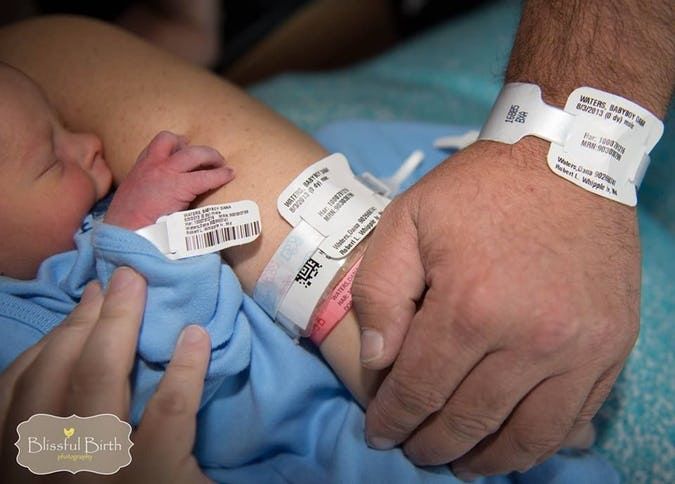 Hormones are chemical messengers made by glands. Hormone problems happen when glands make too much or not enough hormones. Hormone problems in newborn screening include:
Hormones are chemical messengers made by glands. Hormone problems happen when glands make too much or not enough hormones. Hormone problems in newborn screening include:
- congenital hypothyroidism
- congenital adrenal hyperplasia
Hemoglobin problems: Hemoglobin is a protein in red blood cells that carries oxygen throughout the body. Some of the hemoglobin problems included in newborn screening are:
- sickle cell disease
- hemoglobin SC disease
- beta thalassemia
Other problems. Other rare but serious medical problems included in newborn screening are:
- galactosemia
- biotidinase deficiency
- cystic fibrosis
- severe combined immunodeficiency (SCID)
- Pompe disease (glycogen storage disease type II)
- mucopolysaccharidosis type 1
- X-linked adrenoleukodystropy
- spinal muscle atrophy (SMA)
Most states also screen for hearing loss and critical congenital heart disease, which are not done by testing the blood.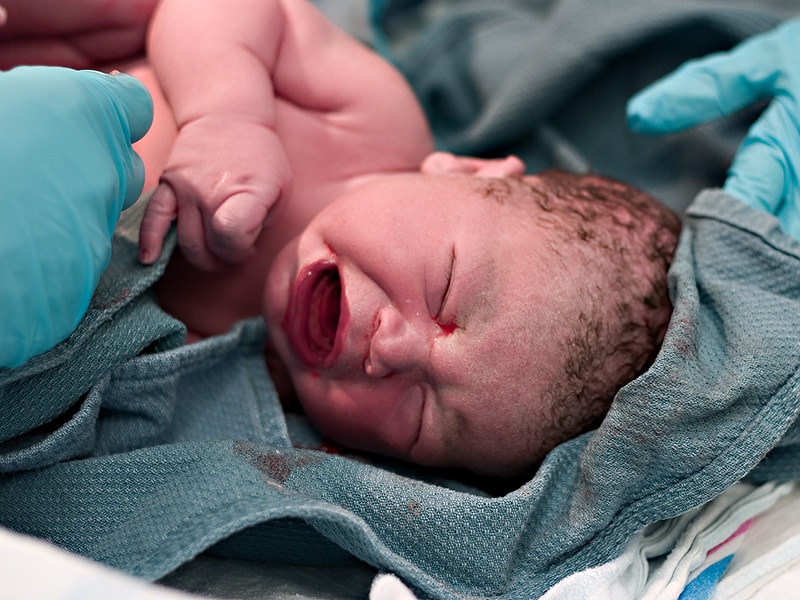
Talk to your doctor if you think your baby may need other newborn screening tests not offered through your state program.
How Is Newborn Screening Done?
A small blood sample taken by pricking the baby's heel is tested. This happens before the baby leaves the hospital, usually at 1 or 2 days of age. Talk to your doctor about newborn screening if your baby was not born in a hospital.
The blood sample should be taken after the first 24 hours of life. Some babies are tested within the first 24 hours, though, because sometimes moms and newborns are discharged within 1 day. If this happens, experts recommend taking a repeat sample after the baby is more than 24 hours old. Some states routinely do two tests on all infants.
When Are the Results Ready?
Results of newborn screening for hearing loss and heart disease are available as soon as the test is done.
Blood test results usually are ready by the time a baby is 5–7 days old. Often, parents won't hear about results if screening tests were normal.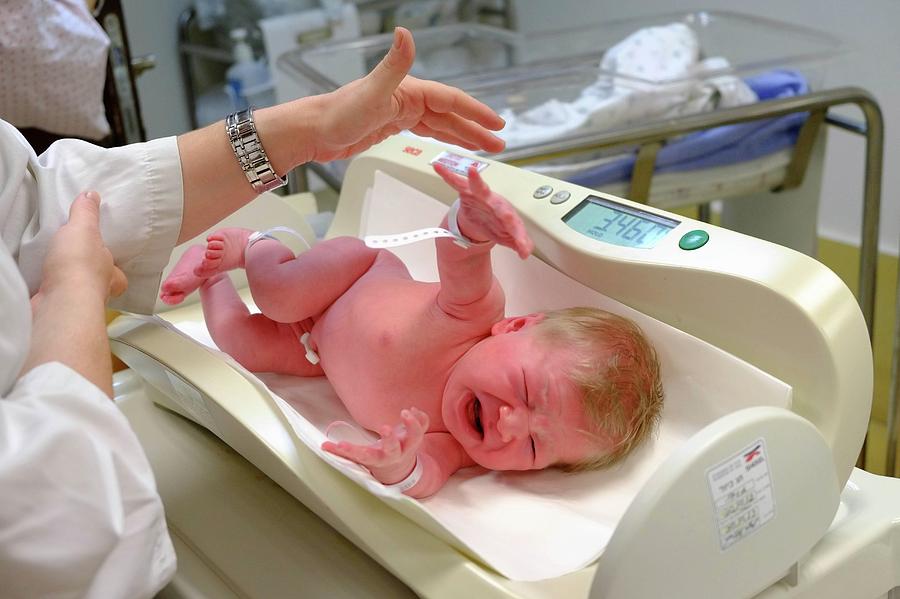 They are contacted if a test was positive for a condition. A positive newborn screening test does not mean a child definitely has the medical condition. Doctors order more tests to confirm or rule out the diagnosis. Parents can talk to their child's doctor about the newborn screening results.
They are contacted if a test was positive for a condition. A positive newborn screening test does not mean a child definitely has the medical condition. Doctors order more tests to confirm or rule out the diagnosis. Parents can talk to their child's doctor about the newborn screening results.
If a diagnosis is confirmed, doctors might refer the child to a specialist for more testing and treatment. When treatment is needed, it's important to start it as soon as possible. Treatment may include special formula, diet restrictions, supplements, medicines, and close monitoring.
Visit Baby's First Test for more information on newborn screening and to find out which conditions your state checks for.
Everyday life in the maternity hospital - articles from the specialists of the clinic "Mother and Child"
The first minutes of life
As soon as the baby is born, the midwife will wipe it with a warm diaper and lay it on the mother's stomach.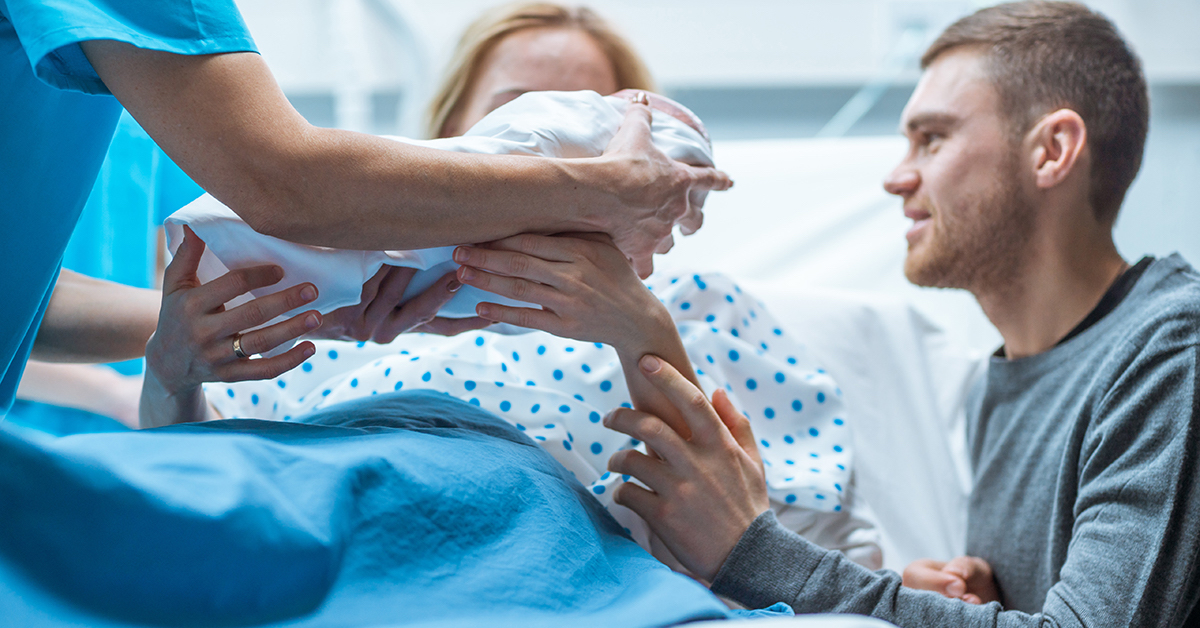 This moment is very important for the child . Firstly, the baby is born wet, and the difference between the body temperature in the mother's belly (36.6 ° C) and the air temperature in the rodblock (about 24 ° C) is quite large. Newborn babies do not keep their body temperature well and quickly cool down, and to prevent this from happening, the baby is wiped with heated diapers. Secondly, bodily contact with the mother will not only warm the baby, but also strengthen the psychological bond between both. And the baby’s sterile organism will be populated with new maternal microorganisms that will protect it from conditionally pathogenic or pathogenic microflora of the environment. nine0005
This moment is very important for the child . Firstly, the baby is born wet, and the difference between the body temperature in the mother's belly (36.6 ° C) and the air temperature in the rodblock (about 24 ° C) is quite large. Newborn babies do not keep their body temperature well and quickly cool down, and to prevent this from happening, the baby is wiped with heated diapers. Secondly, bodily contact with the mother will not only warm the baby, but also strengthen the psychological bond between both. And the baby’s sterile organism will be populated with new maternal microorganisms that will protect it from conditionally pathogenic or pathogenic microflora of the environment. nine0005
Then the umbilical cord is cut, the baby is examined by a neonatologist and assessed on the Apgar scale. This scale was proposed in 1952 by the Swedish doctor Virginia Apgar as a way to determine the well-being of a newly born baby. This assessment includes several clinical parameters: skin color of the newborn, heart rate, muscle tone, reflex excitability, breathing pattern.
For each parameter, points are given from 0 to 2: if the clinical sign is well expressed, the child receives 2 points, and if it is poorly expressed or absent, 1 or 0 points. nine0010
After that, according to the sum of points, an assessment is made, according to which it is determined whether the baby can stay with his mother at the moment or whether he needs the help of neonatologists.
Further, the neonatologist continues to examine the baby. Frees his upper respiratory tract from excess mucus, if necessary. It checks how well the baby has formed, whether he has any developmental anomalies acquired during fetal existence. After that, the newborn is washed, measured, weighed, and a tag with the name of the mother and the time of birth is attached to the handles. Then the child is wrapped in a diaper and applied to the mother's breast. Usually at this time (within 10-20 minutes after birth), the baby calms down and falls asleep.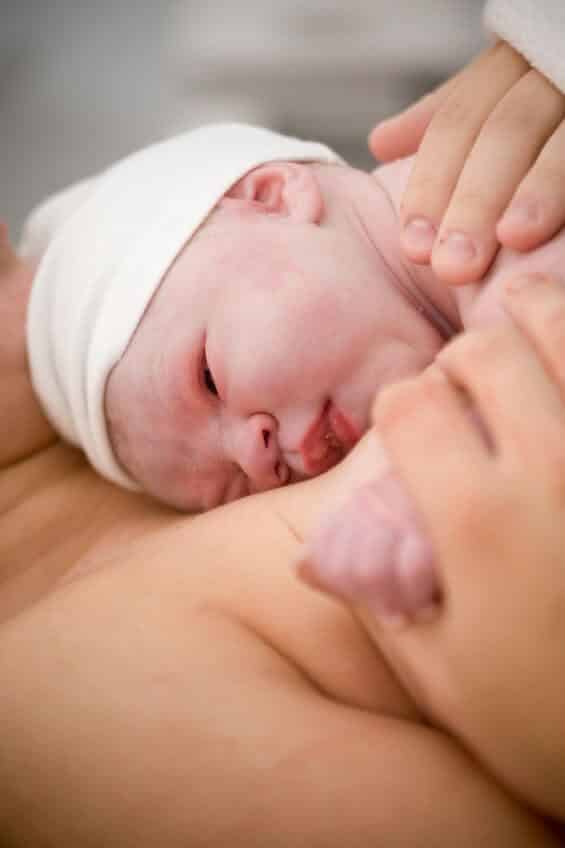 In the next two hours, mother and baby are in the delivery room. If they want to take the child to the children's department, ask him leave next to you: if the baby feels well, this is quite possible.
In the next two hours, mother and baby are in the delivery room. If they want to take the child to the children's department, ask him leave next to you: if the baby feels well, this is quite possible.
Together and separately. With a separate stay, the baby is in the children's department and they bring him to his mother only for feeding. The nurses of the children's department will take care of the baby: they will wash, change the baby's clothes, change his diapers and monitor his condition. True, usually this is not done on an individual basis, but according to a schedule that is the same for all the kids in the department. nine0005 When staying together, the baby will always stay with the mother in the same room. She will be able to feed him on demand, and not by the clock, as with a separate stay. Also, the mother will be able to learn how to care for the newborn. Some women think that being apart is convenient, because you can rest more of the day and sleep at night, and besides, you don't have to take care of the baby. First examinations, tests, vaccinations The neonatologist will examine the newborn every day , after which he will tell the mother about the condition of her child. According to the national vaccination calendar, the first vaccinations are done in the maternity hospital. As you can see, the baby in the maternity hospital will not be left without attention: next to him will be doctors, nurses, and a loving mother. If something is not clear to the mother, she can always turn to any specialist of the maternity hospital. nine0005 A woman has the right to refuse any manipulation performed on her child: tests, vaccinations, etc. But a mother must understand why and for what she does it, it’s not worth just refusing research REMINDER in the maternity hospital: 11/24/2018 ≈ 1 min reading time Normally, 2 to 4 hours after the baby is born, you will go with him to the postpartum department. ! If the birth was by caesarean section, you will spend the first 7-8 hours in the intensive care unit, and the child in the children's department. The first vaccinations and tests that are taken from a newborn in the hospital: If you are against vaccination, you can refuse vaccinations by writing a statement. It is better to understand this topic before childbirth and make an informed decision in advance. References Mother's milk is the ideal food for an infant. Continue breastfeeding for as long as possible, including after the introduction of complementary foods, in accordance with WHO recommendations. nine0005 First food Mother's milk is the ideal food for a baby, especially in the 1st year of his life. Mother's milk is the best food for a baby, especially in the first six months of life. It remains an important source of energy and nutrients beyond 6 months, so WHO recommends breastfeeding until the age of 2. nine0005 First food Not only a lack of nutrients, but also their overabundance can interfere with the proper development of the baby.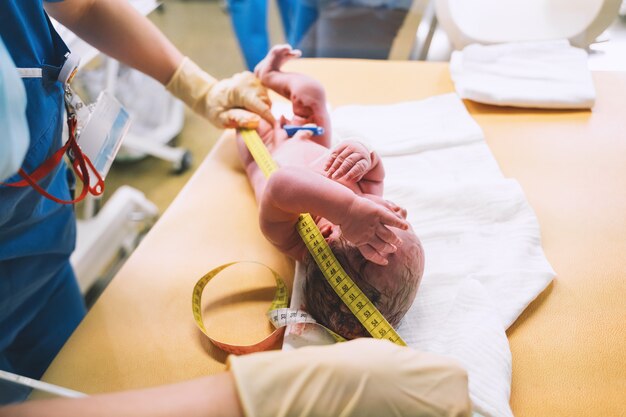 In fact, cohabitation is preferable. Firstly, a close relationship will be established between mother and child and the woman will quickly begin to understand what the baby needs at the moment. Secondly, breastfeeding will be established faster, and when feeding on demand, milk will come earlier. And, thirdly, if a mother learns to wash and change her baby's clothes in the hospital, change his diaper when she returns home, she will adapt much easier to a new life and a new daily routine. And, by the way, on the first day after childbirth, children hardly cry at night, so the woman will have enough time to relax. Sometimes, even when staying together, the mother is offered to send the child to the children's department for hygiene procedures. If a woman does not want this, she can always refuse and take care of the baby on her own. nine0005
In fact, cohabitation is preferable. Firstly, a close relationship will be established between mother and child and the woman will quickly begin to understand what the baby needs at the moment. Secondly, breastfeeding will be established faster, and when feeding on demand, milk will come earlier. And, thirdly, if a mother learns to wash and change her baby's clothes in the hospital, change his diaper when she returns home, she will adapt much easier to a new life and a new daily routine. And, by the way, on the first day after childbirth, children hardly cry at night, so the woman will have enough time to relax. Sometimes, even when staying together, the mother is offered to send the child to the children's department for hygiene procedures. If a woman does not want this, she can always refuse and take care of the baby on her own. nine0005  With a separate stay, the baby will be observed in the children's department, with a joint stay, options are possible: the doctor himself will go into the ward to see the mother and the child, or the baby will be taken to the children's department for examination. If this is necessary, the doctor will invite a specialist (oculist, surgeon, neurologist) for consultation. Of the mandatory laboratory tests, all newborns in the maternity hospital will determine the blood type and Rh factor, as well as take a blood test for severe congenital diseases (the so-called screening). The fact that these tests have been carried out will be indicated in the children's part of the exchange card (it will be issued upon discharge). Sometimes a child is prescribed some additional tests: a general and biochemical blood test, a general urine test. Also, if necessary, a newborn can do an ultrasound examination of the abdominal organs, brain (neurosonography), heart (echocardiography). nine0005
With a separate stay, the baby will be observed in the children's department, with a joint stay, options are possible: the doctor himself will go into the ward to see the mother and the child, or the baby will be taken to the children's department for examination. If this is necessary, the doctor will invite a specialist (oculist, surgeon, neurologist) for consultation. Of the mandatory laboratory tests, all newborns in the maternity hospital will determine the blood type and Rh factor, as well as take a blood test for severe congenital diseases (the so-called screening). The fact that these tests have been carried out will be indicated in the children's part of the exchange card (it will be issued upon discharge). Sometimes a child is prescribed some additional tests: a general and biochemical blood test, a general urine test. Also, if necessary, a newborn can do an ultrasound examination of the abdominal organs, brain (neurosonography), heart (echocardiography). nine0005 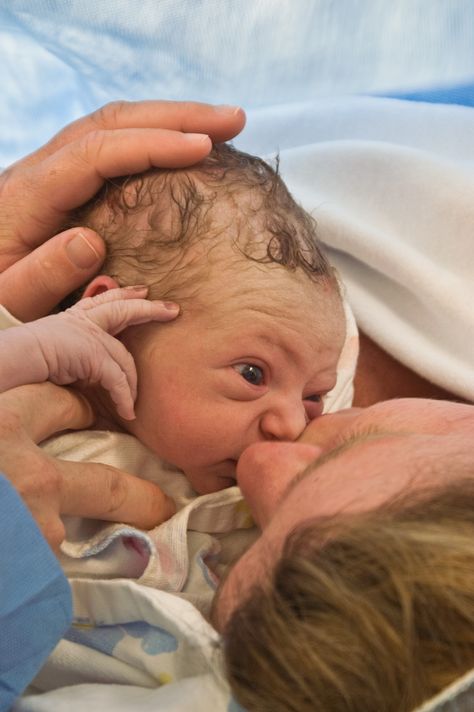 On the first day of life - from hepatitis B, on the full second day - from tuberculosis. If parents do not want to be vaccinated, they must inform the doctor in advance and write a refusal to vaccinate.
On the first day of life - from hepatitis B, on the full second day - from tuberculosis. If parents do not want to be vaccinated, they must inform the doctor in advance and write a refusal to vaccinate.
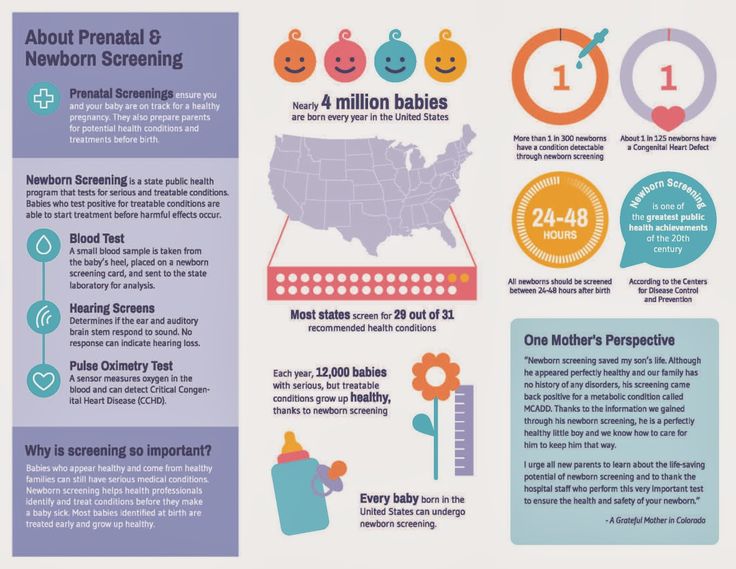
Newborn in the maternity hospital - the first days of the baby in the maternity hospital
Contents
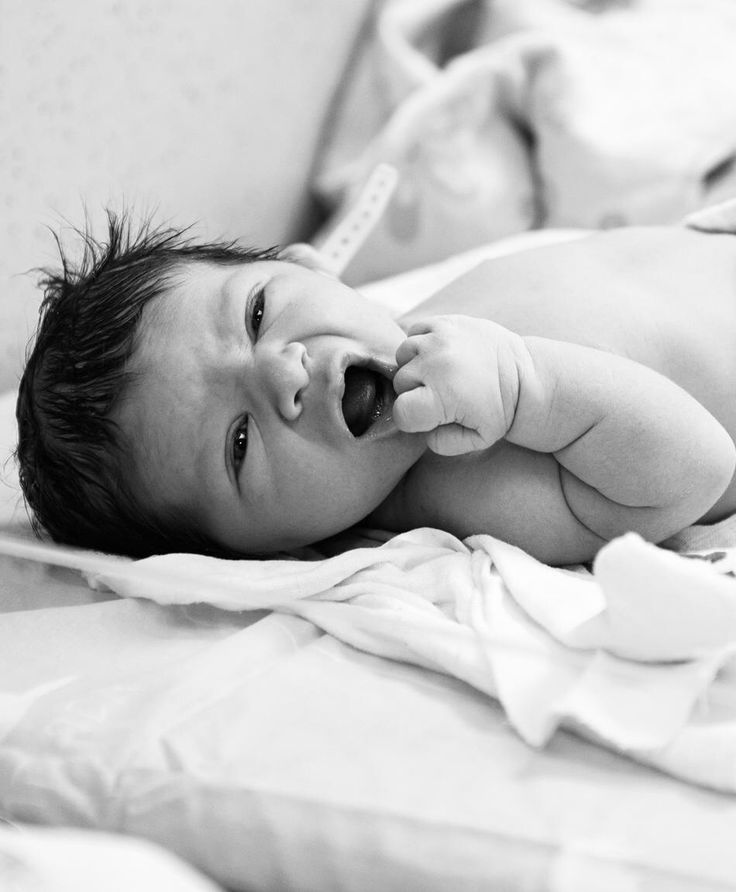 The baby takes its first breath!;
The baby takes its first breath!; 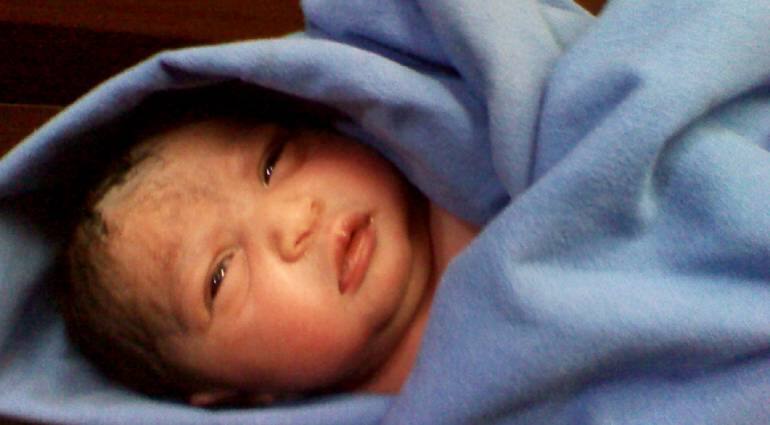 You will then be transferred to postpartum and the baby will be released as soon as you can walk.
You will then be transferred to postpartum and the baby will be released as soon as you can walk.
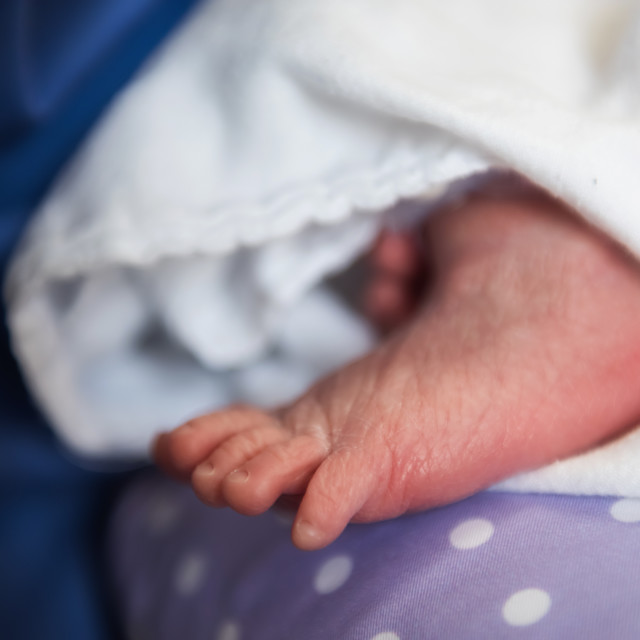 This is a blood test that is taken from the heel;
This is a blood test that is taken from the heel;
Top Child nutrition 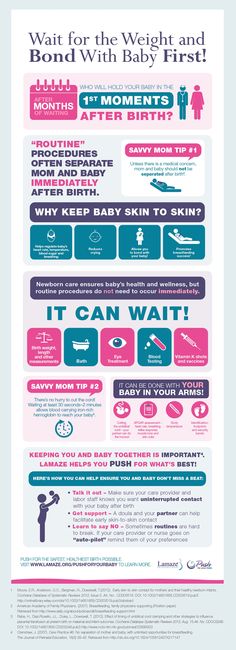 Getting ready for childbirth. Moscow: Eskimo Publishing House, 2008.
Getting ready for childbirth. Moscow: Eskimo Publishing House, 2008. Is it worth it to transfer a one-year-old baby to a common table?
The first feeding of a child with artificial feeding by months
 It is an important source of nutrients and energy, which is why WHO recommends that breastfeeding be continued for as long as possible, up to two years of age. nine0005 First food
It is an important source of nutrients and energy, which is why WHO recommends that breastfeeding be continued for as long as possible, up to two years of age. nine0005 First food Complementary foods while breastfeeding
Complementary foods by months: what foods to introduce into complementary foods for a baby up to a year
